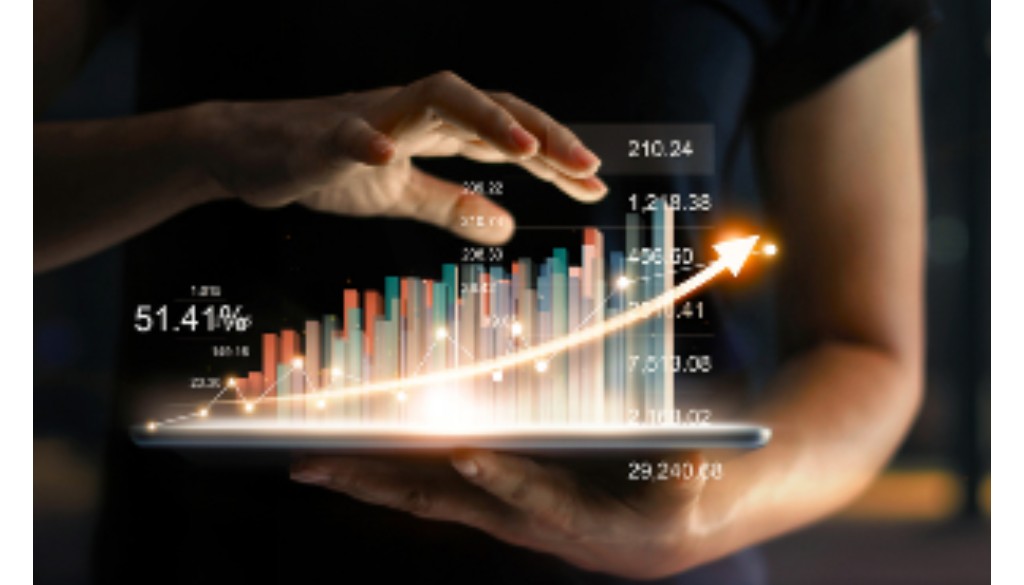How do Data Analytics and Business Intelligence differ?

Pune, 24 May 2023: Large organisations today live and thrive on data to make crucial business decisions. Every day, these corporations deal with an overwhelming amount of data. However, how do you use it to create solutions that are crucial for the growth of organisations?
Management leaders rely on proficient data analysts and business intelligence experts to make smarter decisions, identify significant problems, increase revenue growth, and drive profitability. The skilled professionals in these roles use methods and tools to turn vast chunks of data into actionable insights and achieve business goals.
With the rising demand for skilled professionals in these streams, it is an attractive career choice for students and early career professionals. According to Ambition Box, the average annual salary of a business intelligence analyst in India stands at Rs.7 lakhs, while the highest packages go up to 15 lakhs per annum.
Although these terms are often used interchangeably and similar to a certain extent, Data Analytics and Business Intelligence are not the same. They have subtle differences, which makes them even more confusing.
If you are interested in data-driven initiatives and job roles, you can take up the best data analyst course in India that strengthens your data analytics skills. Industry experts deliver this online course through live masterclasses from reputed IIT Kanpur faculty. You also get access to career mentorship through Simplilearn’s Career Assistance program.
Let’s look at some foundational definitions and stark differences between Business Intelligence vs Data Analytics.
What is Business Intelligence?
From a broader perspective, Business Intelligence is a system of tools, strategies and technologies organisations use to extract meaningful and helpful information from raw data. This valuable information helps to develop tactical, practical, and operational insights that assist in crucial decision-making.
BI combines different data sources under a single window to provide analysis, real-time updates and reporting. It combines simple and complex data processes. The necessary steps that are associated with Business Intelligence include:
1. Sifting through and mining raw data from available databases
2. Sorting and Data analysis
3. Convert complex data into interesting visual forms
4. Collaborate with other team members to share data analysis results to make mission-critical decisions
5. Compare and extract contrasting performances from data
What is Data Analytics?
Data Analytics involves the technical process of collecting, cleaning, inspecting, storing, transforming, modelling, querying data, and building systems to manage data. It is not just confined to business applications but applies across various disciplines, from the government to education.
It is no surprise that Business Intelligence and Data Analytics sound similar, but there is a thin line of differences between them. Data Analytics focuses on the nitty-gritty aspects of the analytics process.
Business Intelligence vs Data Analytics
Although they may seem similar when trying to get an overview, BI and Data Analytics have some broad differences when used in the practical context.
1. Serves different purposes
The primary purpose of BI is to assist the decision-making process using actionable insights obtained from data analytics. Conversely, Data Analytics aims to clean and convert raw data into actionable insights that companies can use for many purposes.
2. Operation vs Innovation
Business Intelligence is concerned with obtaining data and evaluating key insights for business growth. It is more centred around business operations. Data Analytics involves dealing with raw data and analysing it to predict future trends and patterns. It offers an opportunity to add an element of innovation to the technical process.
3. Backward-looking vs Forward-looking
BI professionals dig deep into past data to see what has worked and use the information to develop sound business strategies. While data analytics also identifies specific past patterns in the data, it uses predictive analysis to forecast what might occur in the future.
4. Overview vs Narrow Focus
BI involves asking high-level strategic questions that help steer the organisation in the right direction. Data analytics has a narrower focus, like on a single issue or questioning a particular execution method.
5. Non-Technical users vs Technical Users
Leadership teams and non-technical individuals like chief executives, CIOs, CFOs, etc., can use the Business Intelligence tools to brainstorm and strategise crucial business decisions. On the other hand, Data Analytics operations can be executed by data scientists, programmers and analysts with a more technical focus.
Business Intelligence vs Business Analytics
While being very similar in their core functionalities, BI and BA differ in the questions they answer. Business intelligence provides a summary of what has happened and what is currently happening, thereby prioritising descriptive analytics. It answers the question of the ‘what’ and ‘how’ aspects of the project to replicate what’s working and discard what’s not working.
Business analytics emphasises predictive analysis using data mining tools and ML to determine the likelihood of future outcomes. You can anticipate the potential developments and make the tweaks necessary to succeed. It answers the ‘why’ behind the method to make more educated predictions about what will happen.
Conclusion
Business Intelligence and Data Analytics are two vital data analysis approaches with differences in focus, scope, and application techniques. However, organisations benefit from combining both approaches to understand their business operations and make better business decisions comprehensively.
Businesses are more inclined than ever to increase the adoption of data analytics in their operations. Consequently, automation and collaboration tools are increasingly integrated with Business Intelligence tools to achieve faster results.
As a result, the future of business intelligence and data analytics looks bright for diverse industries. Earning a Business Intelligence and Analytics degree can kickstart your career in these evolving fields. A professional certificate or course from a reliable platform is a great way to gain familiarity with BI and Data Analytics concepts. In addition, these courses offer flexibility to learn new skills at your own pace without disturbing your busy schedule.








